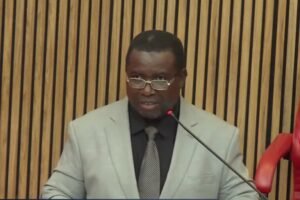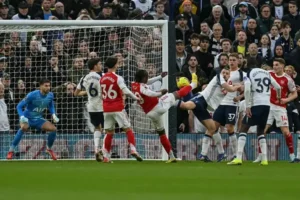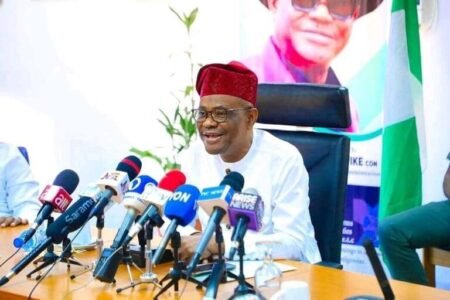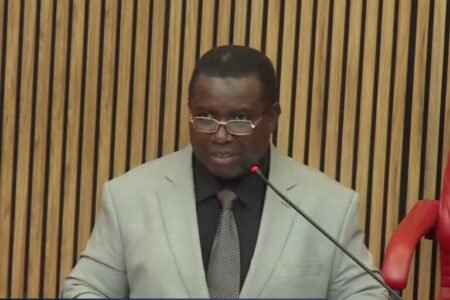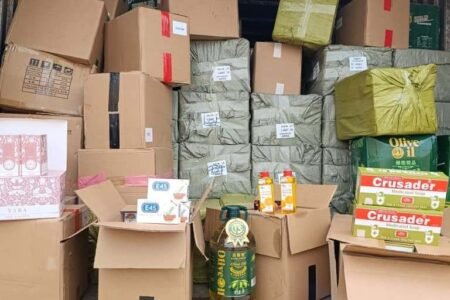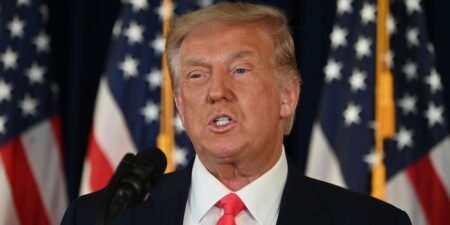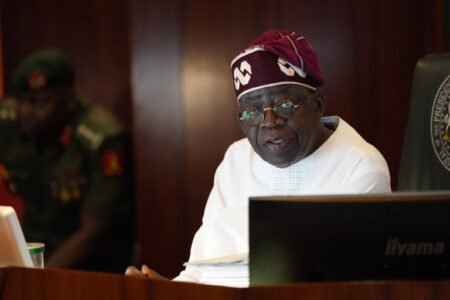Each time the name Ochanya Elizabeth Ogbanje resurfaces online, it rips open an old wound—a reminder of how Nigeria continues to fail its most vulnerable children.
Ochanya was just 13 when she died in October 2018 after enduring five years of sexual abuse at the hands of her guardian, Andrew Ogbuja, and his son, Victor, in Benue State. The assaults left her with Vesicovaginal Fistula (VVF), a severe medical condition that caused her untold pain and humiliation before her death.
Her heartbreaking video testimony, recorded shortly before she died, sparked the #JusticeForOchanya movement, a national outcry demanding justice and reform.
But justice proved elusive. In April 2022, a Benue State High Court acquitted Andrew Ogbuja of rape and culpable homicide. On the same day, the Federal High Court in Makurdi convicted his wife, Felicia Ochiga-Ogbuja, for negligence and sentenced her to five months in prison without an option of a fine—for failing to protect the girl from her husband.
Now, in 2025, Nigerians are once again reviving the hashtag, reigniting anger, sorrow, and reflection on how the system continues to betray victims of abuse.
What is VVF?
Vesicovaginal Fistula (VVF) is a devastating injury that creates an abnormal opening between the bladder and vagina, causing constant urine leakage. While most cases are linked to prolonged or obstructed labour, the condition can also result from sexual violence and physical trauma, as in Ochanya’s case.
Beyond the physical agony, victims often face severe social isolation, stigma, and emotional trauma. Many are abandoned by their families or ostracised from their communities because of the smell and shame associated with the condition.
A cry for awareness and justice
Ochanya’s story embodies the deep intersection of social neglect, weak institutions, and ignorance about women’s health. It underscores the urgent need for stronger child protection laws, better access to healthcare, and education for girls—especially in rural communities where such abuses often go unnoticed.
NGOs and health bodies like the National Fistula Programme and UNFPA continue to provide free surgeries and awareness campaigns, but thousands of women remain untreated, unaware that VVF can be repaired.
As Nigerians once again amplify #JusticeForOchanya, the conversation must evolve beyond social media outrage. It must inspire real action—stronger systems that prevent abuse, empower girls, and ensure justice.
Because every Ochanya deserves not just remembrance but protection.

